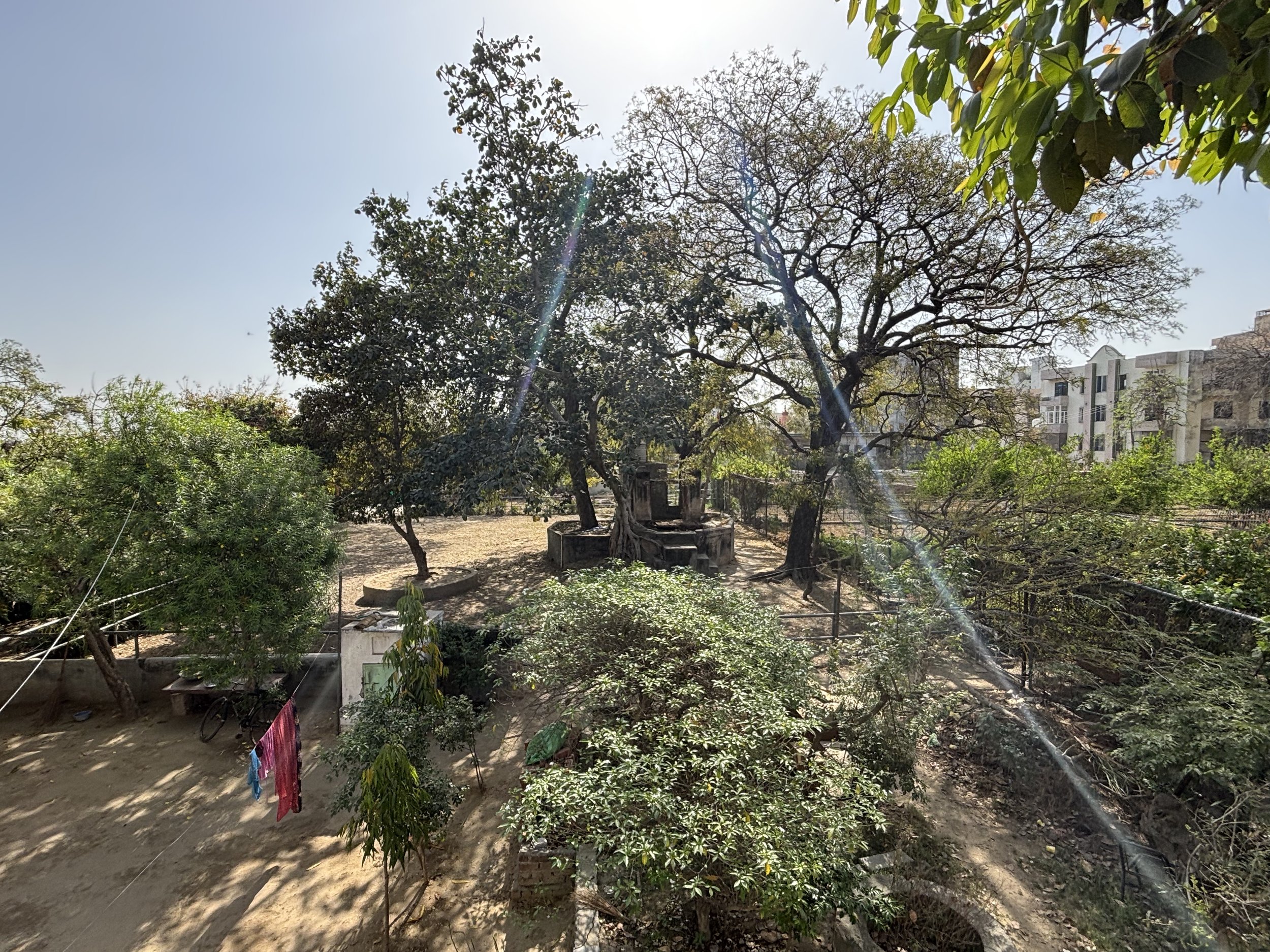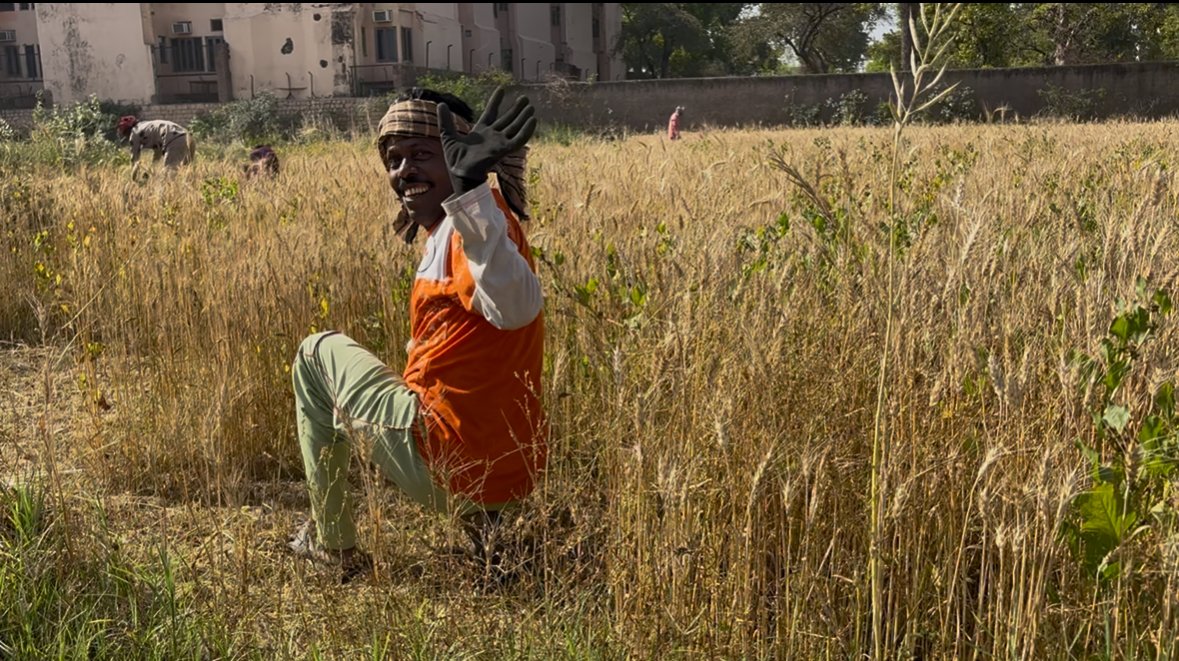Founder’s Story
I grew up in Baltimore, MD both athletic and academic, and with a spiritual bent. My body started breaking down in college, allowing me to fully embrace my academic proclivities, yoga and meditation curiosities, and student/research/nonprofit work in Latin America. I wanted to do good and was fixated on life’s big questions. This feeling didn’t fade through my twenties, rather it picked up steam. Lots of searching ensued in the form of service work, extensive travel, more university classes, outdoor adventures, and getting more serious about my yoga and meditation practices.
Then, the universe began sending me an unexpected message that I couldn’t ignore. Prof. Edwin Bryant’s potent writing opened me up to the idea of contemplative devotional practice. Much to my surprise, I felt a deep internal connection when chanting divine names in yoga classes and community events in NYC. I suddenly became thirsty for bhakti literature and kirtan. Soon after, I met and was inspired by Satyanarayana Das Babaji—a Sanskrit scholar and contemplative devotional practitioner—who was a visiting professor at Rutgers University but lived in Vrindavan, India. I got the message: depart the world’s capital of creative energy and head to the world’s capital of devotional praxis—Vrindavan.
I first arrived in Vrindavan in 2010, and the place stole my heart immediately. After being there two months, I cancelled my plans to travel around: I just couldn’t leave, I felt addicted to Vrindavan. Devotional joy flowed from every aspect of life: literature, study, food, music, innumerable temples, festivals, casual and deep conversation. Nearly every salutation of hello or goodbye invokes the name of the locally revered Goddess: Radhe Radhe! Six months later, I departed for the US but with plans to return and share Vrindavan’s magic.
With Bryant’s support, I started a Study Abroad Program at Rutgers over the Winter Term: students would come to Vrindavan for a three-week immersion course in Hinduism. Satyanarayana Das Babaji would teach a daily classroom session, providing an insider’s perspective on Hinduism and some of its sacred texts. I would take the students into the community to engage the rich and variegated practices: pilgrimage, temple worship, dance, drama, festival, musical performance. The response was so positive that we replicated a condensed version of the course for New York City yoga students in the spring. For a decade, we ran both programs on a nearly annual basis and then COVID struck, and the world changed.
Vrindavan’s transformation from its serene heritage to an urbanizing town began before my arrival in 2010. But the COVID era accelerated the rate of that change, as Vrindavan sits in ever narrowing periphery of Delhi’s sprawl. After a few years away, I am left aghast at the amount of for-profit real estate development that now pervades this temple town. Land prices have soared and humble devotional practitioners like Satyanarayana Das Babaji—the guardians and heartbeat of the sacred space—are coming under attack.
The Vrindavan community has provided me and countless others with profound inspiration and a taste of a world filled with love. It is only now, after keeping a low-profile for over a decade, that our nonprofit charitable organization is making a public call for help. This real estate mafia has already illegally stolen 20 acres of land along the Yamuna River from modest Vrindavan residents. We are making a stand with Jiva Farm to stop this injustice and maintain the sanctity of Vrindavan. I am grateful for your consideration and potential support. Radhe Radhe!
Sincerely Yours,
Robert
Vrindavan, January 2011

Jiva Farm, March 2025


Organic wheat harvest, March 2025




